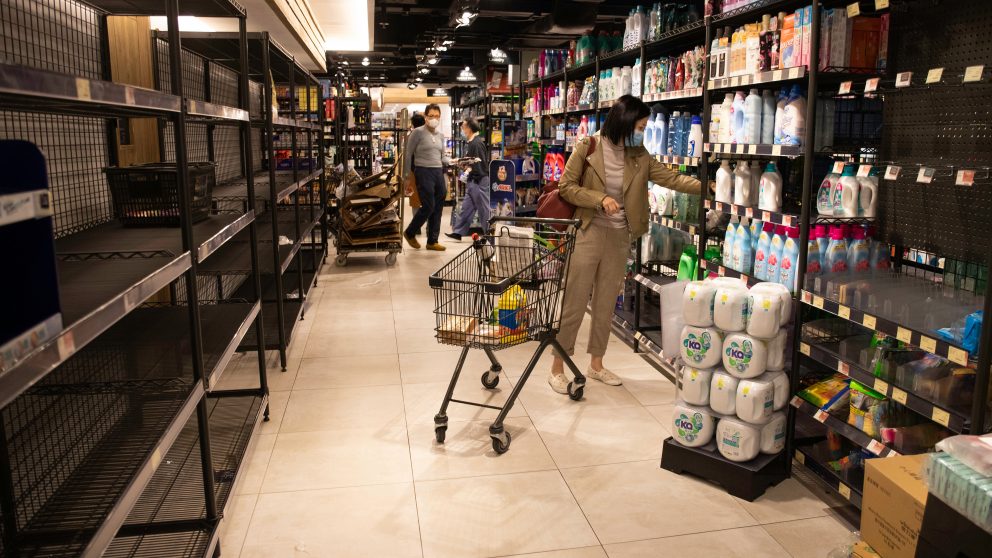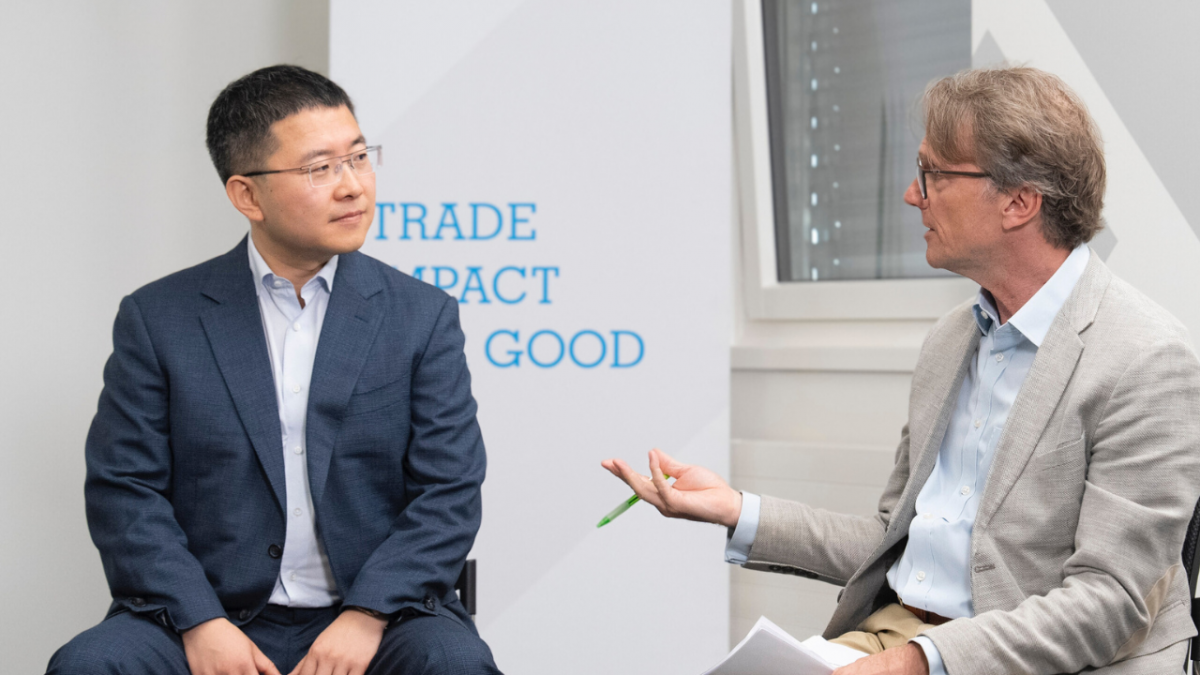


Photo credit: Alibaba Group/Elizabeth Utley
The coronavirus pandemic, climate change and evolving gender politics are among the powerful forces refashioning consumer behavior. Retailers are racing to keep up.
The industry will need to adapt to changing norms quickly, or swathes of businesses will face irrelevancy as past purchases no longer imply brand loyalty.
Market research provider, Euromonitor International, has identified ten consumer tribes that erupted onto the scene during the pandemic and is advising retailers on how to seize the opportunities and avoid the pitfalls created by social upheaval.
The first installment in our 10-part series looked at how “Climate Changers” are impacting retailers by demanding carbon-footprint certified products and loading up their shopping carts with more sustainable products, recycling and expunging plastic from their shopping carts.
Over the coming days, we will profile other consumer tribes and examine how merchants, from multinationals to startups in niche categories, adapt to meet their needs. Today we’ll explore how Backup Planners are coping with supply chain logjams:
No. 9: BACKUP PLANNERS
Supply-chain snarls characterized much of 2021, and you can expect more of the same in 2022 as sky-high container prices and backlogs at shipping ports snare deliveries.
Chinese President Xi Jinping highlighted the threat such disruption poses to economic growth in a speech at the World Economic Forum via video this week. He urged nations to come together to explore ways to secure global trade routes and smooth supply chains.
Meanwhile, consumers are struggling to find their go-to items in empty shopping aisles. As frustration builds, these Backup Planners are scouring the internet for alternatives. Many are sourcing products for the first time on subscription services or community group buying sites, like Alibaba Group’s Taocaicai.
Shoppers are more likely to pay up to secure desired products and be first-in-line when shipments arrive, said Euromonitor.



International brands from the U.S. and Europe faced higher costs and longer delays shipping products to China to participate in the world’s largest shopping festival, 11.11.
Confronted by a backlog of ships in the port of Los Angeles, haircare brand Vegamour switched to air freight to get its products to China on time for 11.11. It also lent on support from Alibaba’s cross-border marketplace Tmall Global.
“We can’t run out; that would let our customers down. So, whatever it takes to get [goods] here, we have to do that,” Daniel Hodgdon, founder and CEO of Vegamour, told Alizila at the time.
Logistics companies and retailers can leverage opportunities to win customers when others fail to deliver, stabilizing vital cross-border trade in the process.
“The breakdowns are unlikely to disappear overnight, and can be tackled by creating a flexible, resilient and balanced supply chain network worldwide,” James Zhao, General Manager of Alibaba logistics network Cainiao’s Global Supply Chain arm, told Alizila.
To seize the opportunity, companies need to invest in local sourcing and automation.
Cainiao recently outfitted its smart warehouses in China with full-chain logistics services to support merchants exporting goods. Cainiao also uses AI-powered smart order consolidation to ease last-mile delivery, by sending multiple parcels to a single address in one big package.
In the year ahead, supply-chain chaos is likely to inflate prices of locally sourced goods. Last year, 28% of consumers tried to purchase locally sourced goods and services, according to Euromonitor.
Shoppers are also turning to virtual membership programs on e-commerce sites, which allow them access to special deals and put them first in line for sales. Alibaba’s subscription services, 88VIP and Taobao Pass, topped 50 million members in 2021.
Growing subscriber bases are a boon to platforms and merchants alike. The average revenue per user increases by 30% after they become a 88VIP membership holder, according to Taobao, Tmall and Alimama president Jiang Fan.
Read about Climate Changers here and check out the next installment in the series on the Metaverse Moment here





